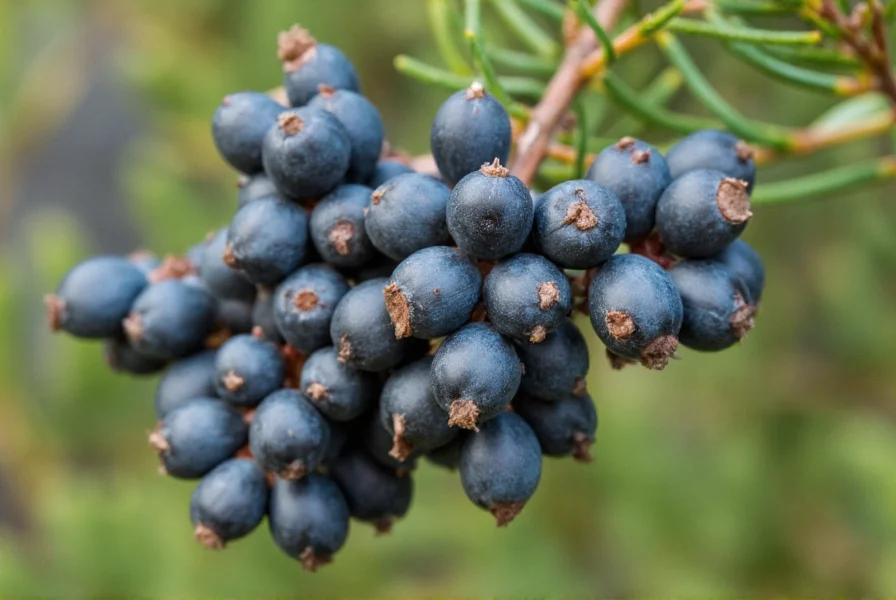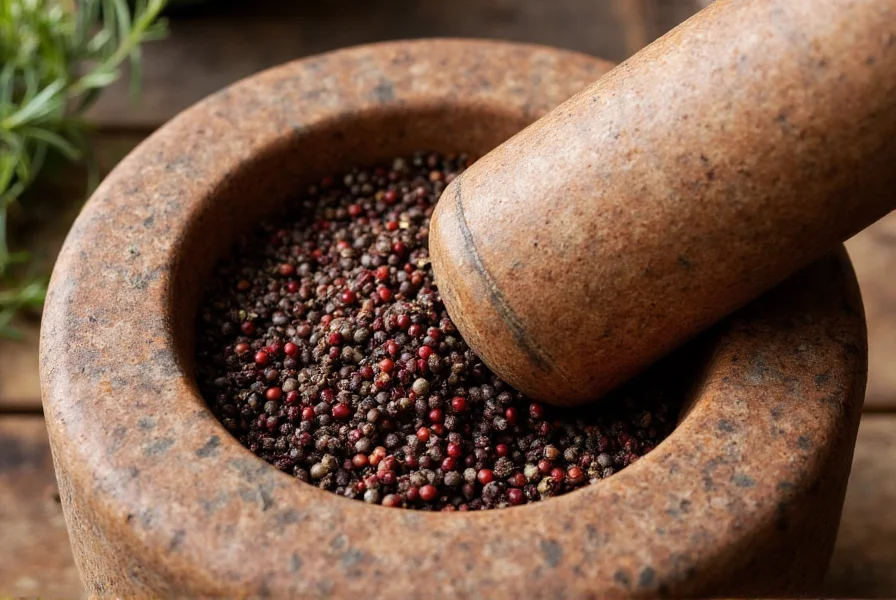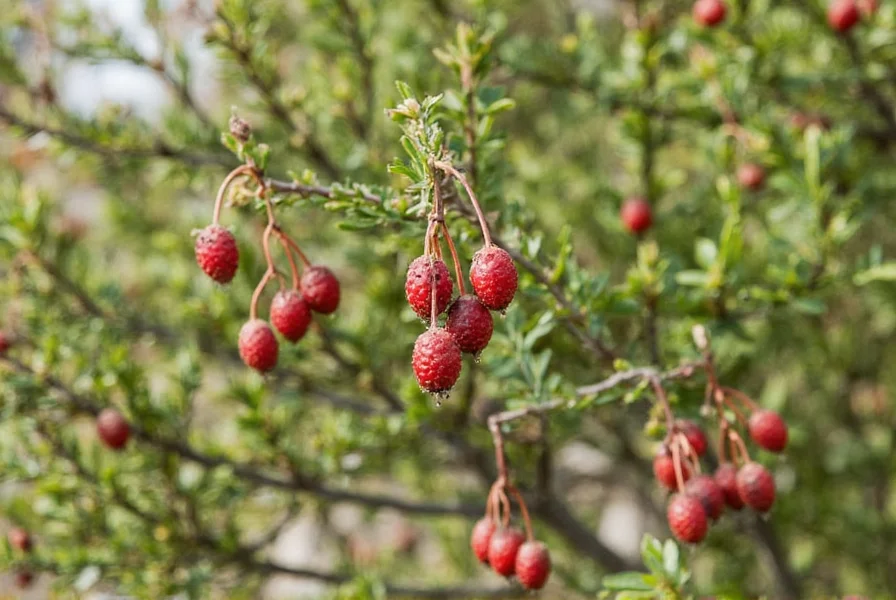Juniper berries add that distinctive piney flavor to gin and certain European dishes, but many foragers and home cooks wonder: are juniper berries edible and safe to consume? The answer requires careful consideration of species, ripeness, and quantity.
Understanding Juniper Berry Varieties
Not all juniper berries are created equal. While Juniperus communis (common juniper) produces the edible berries used commercially, several other species contain higher levels of potentially harmful compounds like sabinene.
| Juniper Species | Edibility Status | Common Locations |
|---|---|---|
| Juniperus communis | Fully edible (when ripe) | Worldwide, especially Northern Hemisphere|
| Juniperus oxycedrus | Not recommended | Mediterranean region|
| Juniperus sabina | Potentially toxic | Central Asia, Europe|
| Juniperus virginiana | Mildly edible (use sparingly) | Eastern North America
Identifying Edible Juniper Berries
Proper identification is essential when determining if juniper berries are safe to eat. Follow these guidelines:
- Ripeness matters: Only harvest blue-black berries (they take 2-3 years to ripen; green berries contain higher toxin levels)
- Smell test: Edible varieties have a clean, pine-like aroma; avoid those with turpentine or chemical odors
- Needle arrangement: Juniperus communis has needles in whorls of 3 with white lines on top
- Berry texture: Edible berries are fleshy with 1-3 seeds inside, not hard or woody

Safety Guidelines for Consumption
Even with properly identified edible juniper berries, follow these safety precautions:
- Moderation is key: Limit consumption to 1-2 teaspoons of crushed berries per day
- Avoid during pregnancy: Juniper may stimulate uterine contractions
- Kidney concerns: Those with kidney disease should avoid juniper berries
- Medication interactions: May interact with diabetes medications and diuretics
Excessive consumption of juniper berries can lead to juniper berry poisoning symptoms including abdominal pain, diarrhea, kidney irritation, and in severe cases, seizures. If you experience these symptoms after consuming juniper berries, seek medical attention.
Culinary and Medicinal Uses of Edible Juniper
When properly identified and used in moderation, juniper berries for cooking offer several applications:
- Gin production: The primary flavoring agent in traditional London dry gin
- Meat preservation: Historically used to prevent spoilage in game meats
- Flavor pairing: Complements game meats, cabbage, root vegetables, and dark chocolate
- Infused vinegars: Adds complexity to salad dressings and marinades
Traditional medicine has used juniper berries for juniper berry medicinal uses including urinary tract support and digestion aid, though scientific evidence remains limited. Modern research suggests potential antioxidant properties, but more studies are needed to confirm therapeutic benefits.

Foraging Best Practices
If you're interested in how to identify edible juniper berries in the wild:
- Consult multiple field guides before harvesting
- Take a plant sample to a local extension office for verification
- Avoid areas with potential pesticide or pollution contamination
- Harvest only what you'll use—never strip a single plant
- Start with small amounts when trying wild-harvested berries
Conclusion
While are all juniper berries edible is a common question, the reality is more nuanced. The common juniper (Juniperus communis) produces safe, flavorful berries when properly identified and consumed in moderation. Other species may pose health risks. When in doubt, purchase commercially harvested juniper berries from reputable spice merchants rather than foraging. Always consult a healthcare provider before using juniper berries for medicinal purposes, especially if you have underlying health conditions.
Frequently Asked Questions
Can you eat juniper berries raw from the tree?
Yes, but only if properly identified as Juniperus communis and fully ripe (blue-black). Raw green berries contain higher levels of potentially irritating compounds. Even ripe berries should be consumed in moderation due to their strong flavor and potential digestive effects.
What happens if you eat too many juniper berries?
Consuming excessive juniper berries may cause abdominal pain, diarrhea, kidney irritation, or vomiting. In severe cases, it can lead to seizures or kidney damage. The recommended safe limit is no more than 1-2 teaspoons of crushed berries per day for most adults.
How can you tell the difference between edible and toxic juniper berries?
Edible Juniperus communis berries are blue-black when ripe, have a clean pine aroma, and grow on plants with needle clusters of 3. Toxic varieties like Juniperus sabina often have a turpentine-like odor, may be reddish, and grow on plants with scale-like leaves rather than needles. When foraging, consult multiple identification resources or an expert before consumption.
Are juniper berries safe for pets?
No, juniper berries are not safe for pets. While small amounts might not cause immediate harm, juniper berries can cause gastrointestinal upset, lethargy, and in severe cases, kidney problems in dogs and cats. Some juniper species are more toxic than others, so it's best to keep pets away from juniper plants entirely.
Can juniper berries be used during pregnancy?
No, juniper berries should be avoided during pregnancy. They contain compounds that may stimulate uterine contractions, potentially leading to miscarriage. Pregnant women should also avoid juniper berry essential oils and medicinal preparations. Culinary amounts in commercially prepared foods are generally considered safe, but intentional consumption of juniper berries is not recommended during pregnancy.











 浙公网安备
33010002000092号
浙公网安备
33010002000092号 浙B2-20120091-4
浙B2-20120091-4